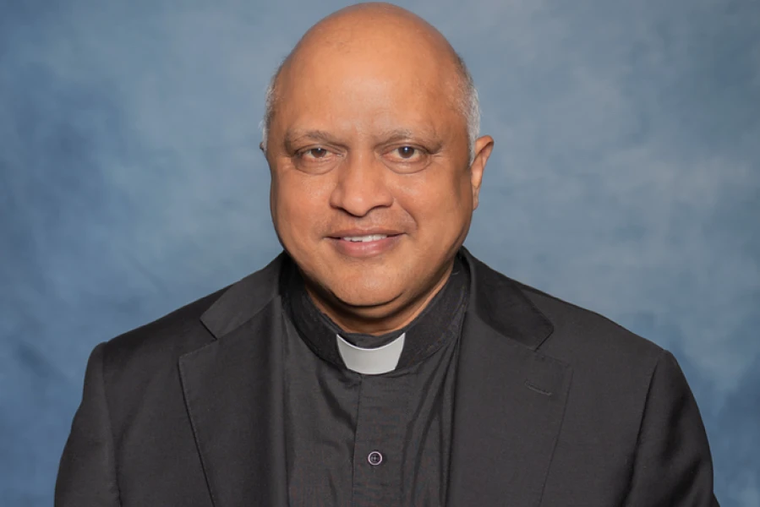Pope Francis issues motu proprio on Vatican judiciary retirement age and benefits
Pope Francis addresses the faithful at his Wednesday general audience on March 27, 2024. / Credit: Vatican Media Vatican City, Apr 19, 2024 / 10:07 am (CNA). In the latest move in Pope Francis’ reform of the Vatican judiciary, the pope issued a new motu proprio on Friday on the retirement age and benefits for cardinal judges and magistrates in the Vatican’s court system.The April 19 motu proprio states that Vatican magistrates will retire at the end of the judicial year in which they turn 75 and cardinal judges at the age of 80, unless Pope Francis asks them to remain in office beyond the age limit.Magistrates and judges who wish to resign from office before the retirement age can only do so with the approval of the pope.The pope also has the prerogative to dismiss magistrates unable to fulfill their duties at any time. Upon the termination of their duties, magistrates will retain the rights to assistance and welfare provided to Vatican citizens and employees.The motu proprio, which will go into effect the day after its publication, amends the Church’s Law on the Judicial System of Vatican City State. The changes stipulate that the pope can appoint the president of the court’s successor to serve as an assistant in the year leading up to the president’s retirement.The amended law also states that magistrates who have retired are entitled to full pension benefits from Vatican City State regardless of whether they receive other payments of a similar nature accrued in another country. Other articles in the motu proprio enumerate the laws governing the salary structure, retirement benefits, and civil liability for Vatican magistrates.Pope Francis wrote in his brief introduction to the amendments that “the experience gained over the last few years in the administration of justice has led to the need for a series of interventions relating to the judicial system of the Vatican City State.”He said that the changes aim to promote “the professional dignity and economic treatment of the ordinary magistrates of the Tribunal and the Office of the Promoter of Justice.”

 Pope Francis addresses the faithful at his Wednesday general audience on March 27, 2024. / Credit: Vatican Media
Pope Francis addresses the faithful at his Wednesday general audience on March 27, 2024. / Credit: Vatican Media
Vatican City, Apr 19, 2024 / 10:07 am (CNA).
In the latest move in Pope Francis’ reform of the Vatican judiciary, the pope issued a new motu proprio on Friday on the retirement age and benefits for cardinal judges and magistrates in the Vatican’s court system.
The April 19 motu proprio states that Vatican magistrates will retire at the end of the judicial year in which they turn 75 and cardinal judges at the age of 80, unless Pope Francis asks them to remain in office beyond the age limit.
Magistrates and judges who wish to resign from office before the retirement age can only do so with the approval of the pope.
The pope also has the prerogative to dismiss magistrates unable to fulfill their duties at any time. Upon the termination of their duties, magistrates will retain the rights to assistance and welfare provided to Vatican citizens and employees.
The motu proprio, which will go into effect the day after its publication, amends the Church’s Law on the Judicial System of Vatican City State.
The changes stipulate that the pope can appoint the president of the court’s successor to serve as an assistant in the year leading up to the president’s retirement.
The amended law also states that magistrates who have retired are entitled to full pension benefits from Vatican City State regardless of whether they receive other payments of a similar nature accrued in another country.
Other articles in the motu proprio enumerate the laws governing the salary structure, retirement benefits, and civil liability for Vatican magistrates.
Pope Francis wrote in his brief introduction to the amendments that “the experience gained over the last few years in the administration of justice has led to the need for a series of interventions relating to the judicial system of the Vatican City State.”
He said that the changes aim to promote “the professional dignity and economic treatment of the ordinary magistrates of the Tribunal and the Office of the Promoter of Justice.”














